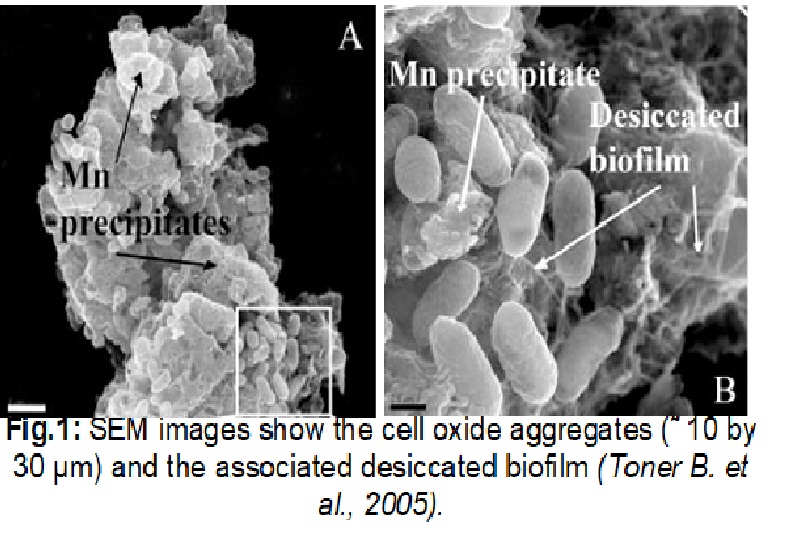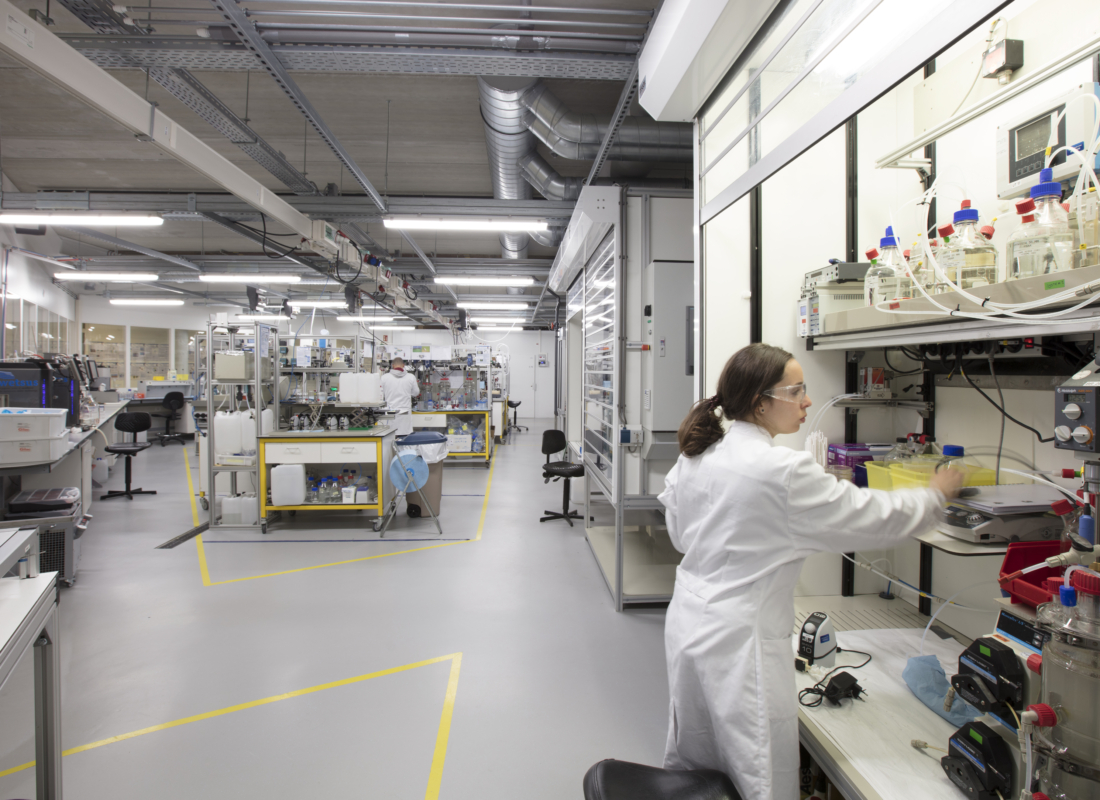Type of Project: BSc or MSc Thesis/internship
Starting date: October 2024; a later starting time is possible
Duration: 4 to 6 months (could be discussed)
Salary: Cost allowance of €200 or 400 per month, subject to the personal situation
Location: Wetsus – European center of excellence for sustainable water technology (Leeuwarden, Netherlands)
There are a few possibilities for allowances:
– The allowance for students is €200. The student can apply for ‘Wetsus Grant’ allowance (€200 extra; an internal committee decides if the allowance will be granted).
– Students can apply for Erasmus; (if the Erasmus grant is less than €400, the student can apply for the Wetsus Grant).
– Erasmus
*The Wetsus Grant allowance is not guaranteed and must be approved by the Grant Committee.
Project description
Manganese (Mn) is a common trace metal and a vital micro-nutrient for many organisms. Soluble Mn (Mn2+) is naturally present in various water sources. When exposed to oxidizing agents (biotic or abiotic), Mn is oxidized to its insoluble forms (Mn3+ and Mn4+), forming Mn oxides (MnOx). The accumulation of MnOx during water treatment can result in irreversible membrane fouling due to the insolubility of MnOx when common membrane cleaning agents are used.
Mn-oxidizing bacteria (MnOB) can efficiently and selectively remove Mn2+ under oligotrophic conditions (low carbon availability) by converting it into MnOx. Recent studies have shown that when MnOB grows as a biofilm on top of the biofilter media, it can efficiently remove Mn2+ in oligotrophic conditions. However, these bacteria can escape the biofilter and get transferred to the membrane after the biofilter. This poses a risk for the reverse osmosis (RO) units that follow the biofilter in drinking water treatment plants due to the ability of MnOB to form insoluble MnOx on the surface of the RO membranes.
This project aims to study the role of Mn on (bio)fouling in RO membranes under oligotrophic conditions. The fouling will be evaluated using modules that simulate RO membrane function and are placed after a laboratory-scale biological activated carbon (BAC) filter.

Your Profile
Your benefit

How to apply:
Please apply through the application form below with your cv and motivation letter attached. Do not hesitate to contact Elisavet Malea (emal@wetsus.nl) in case you have any further questions or if you need more information.